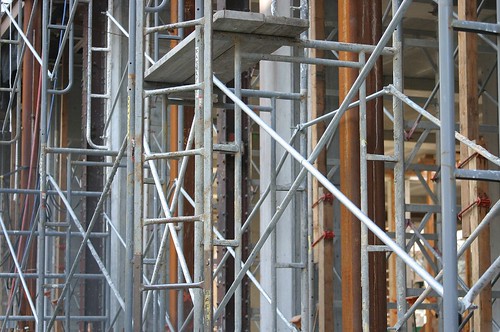In years past, the construction industry saw a wave of lawsuits arising out of water intrusion damage to condominiums resulting from improperly designed or constructed siding systems. In response, the Washington legislature imposed a number of testing and inspection requirements affecting “multiunit residential buildings.”

The testing and inspection requirements are triggered when applying for a building permit for new construction, or a permit for exterior renovation of a building enclosure if the cost of that work is more than five percent of the assessed value of the building. The applicant must submit design documents, including subsequent changes, signed by the architect or engineer, to the building department. An inspection of the enclosure during construction is required, and a certificate of occupancy will not be issued until the inspection is complete, and the inspector has issued a letter stating that the building enclosure has passed inspection.
These requirements apply to not only condominiums, but to any “multiunit residential building” as defined under the act. Notably, this may include apartment buildings where there is no recorded covenant prohibiting the sale of individual units as part of a condominium for at least five years.
Where the building is not inspected – which may occur where inspection provisions did not apply to the building at the time of construction or renovation because the building was an excluded apartment with a recorded sale prohibition covenant – then the building must undergo intrusive testing prior to the sale of the first unit of a condominium conversion project.
As a result, apartment owners considering exterior renovation, or new apartment construction, should consider complying with the testing and inspection requirements of the Condominium Act at the time of construction or renovation, even if the buildings are presently exempt. In this way, the owner can more easily conduct a conversion in the future without having to re-open the building’s exterior to fulfill the Act’s intrusive testing and inspection requirements. Owners should consult legal counsel to ensure compliance with the Act.

Comments(4)